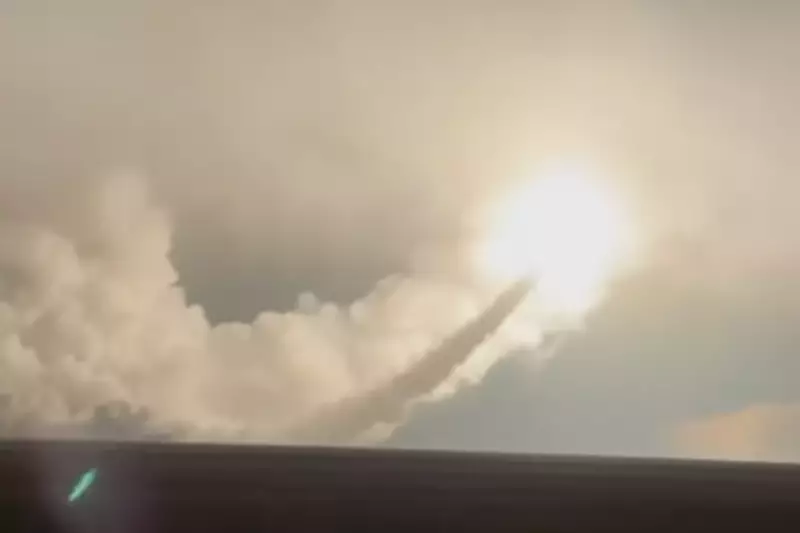
A Ukrainian missile strike has forced Russia to temporarily suspend all oil exports from its crucial Novorossiysk port, a major Black Sea export hub, sending shockwaves through global energy markets.
Strategic Strike Disrupts Russian Oil Flows
The attack, which occurred recently, saw Ukraine deploy a domestically developed Neptune missile to hit the port infrastructure at Novorossiysk. This direct hit prompted Russian authorities to implement an immediate, though temporary, halt to all oil shipments from the facility.
The strategic importance of this strike cannot be overstated. The Novorossiysk terminal typically handles a colossal 2.2 million barrels of oil per day for export. The sudden removal of this volume from the global market triggered an immediate price reaction, with global oil prices climbing by over 2 per cent in the wake of the attack.
Ukraine's Growing Long-Range Arsenal
This successful operation is a clear component of Ukraine's broader military strategy to degrade Russia's financial ability to wage war by systematically targeting its critical energy infrastructure. Since the full-scale invasion in 2022, Ukraine has made significant advances in developing its own long-range strike capabilities.
The weapon used in the Novorossiysk attack was identified as the Long Neptune missile, an advanced variant with an impressive operational range of up to 1,000 kilometres. This development marks a substantial increase in Ukraine's ability to project power deep into Russian territory.
Beyond the Neptune, Ukrainian engineers have been busy developing other formidable systems. These include the Flamingo (FP-5) missile, which boasts a staggering potential range of 3,000 kilometres. The arsenal is further complemented by a family of long-range drones, such as the Lyutyi and the FP-1, which have been repeatedly utilised for precision strikes on strategic targets far behind the front lines.
Global Repercussions and Future Conflict Dynamics
The immediate consequence has been a tangible impact on global energy security and pricing, demonstrating how the conflict continues to have far-reaching economic effects beyond the battlefield.
This event underscores a pivotal shift in the war's dynamics. Ukraine's demonstrated capacity to strike high-value targets at long range with indigenous weapons systems poses a new and complex challenge for Russian defensive planning and fundamentally alters the strategic calculus of the conflict.





